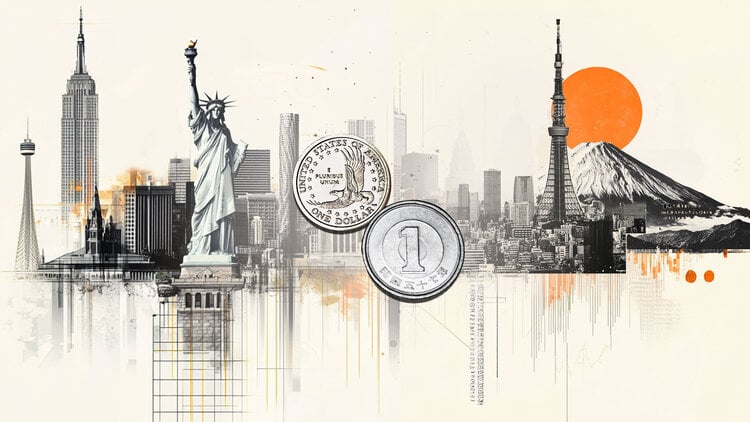Taiwan goes all out with $510B push to become global tech powerhouse by 2040

Taiwan set its sights on an ambitious “Ten Major AI Infrastructure Projects” initiative to transform the island into a global artificial intelligence powerhouse by 2040. The Taiwanese government also projects that the broader initiative could generate over T$15 trillion (about US$510 billion) in economic value.
Taiwan pushes for quantum technology and investments
In a Tuesday Facebook post, Premier Cho Jung-tai stated that Taiwan plans to capitalize on its world-class ICT and semiconductor manufacturing industry to position itself as a smart tech island and a key AI player internationally.
Its tech lineup focuses on three key technologies: silicon photonics, quantum computing, and AI robotics. The nation seeks to integrate chip production and AI applications to take the lead in silicon photonics and establish a complete quantum technology supply chain, relying on strong industrial support.
Taiwan Semiconductor Manufacturing Company (TSMC), the world’s largest chipmaker, along with other Taiwanese tech companies, is also eagerly participating in ongoing R&D. On Tuesday, Foxconn’s chairman Young Liu went so far as to unveil the Taiwan AI Robotics Industry Grand Alliance to expedite ecosystem development and improve supply chain resilience.
Leadership struggles could undermine Taiwan’s 2040 tech goals
As Taiwan ramps up its AI and quantum tech efforts, its political environment is also growing more volatile — with consequences for the sustainability of its 2040 tech road map.
More than 30 opposition Kuomintang (KMT) party lawmakers are on the chopping block this week in what is believed to be the largest ever recall attempt in Taiwan. The recall, initiated by a collection of grassroots activists, alleges that some KMT members are too friendly to pro-China policies and have attempted to thwart the pro-independence ruling party, the Democratic Progressive Party’s (DPP) legislative plans.
The first round of recall votes, involving 24 races, is scheduled for this Saturday; seven more recalls are scheduled for August. And if six or more lawmakers are unseated, the DPP could once again hold an absolute majority in parliament, with potentially wide-ranging implications for its legislative and policy agenda — including implementing its AI development plan.
Since taking office in January 2024, President Lai Ching-te’s DPP has been unable to pass crucial bills in the face of a legislature dominated by the opposition. The legislative deadlock has derailed judicial nominees and discussions on funding technology, infrastructure, and education, all of which are necessary to help advance Taiwan’s Ten Major AI Infrastructure Projects.
Some observers warn that if political instability persists, investor confidence in Taiwan’s long-term innovation plans may weaken, especially in sensitive sectors like quantum computing, semiconductors, and AI robotics—where national security, international alliances, and industrial strategy are tightly intertwined.
“Certainly a good number of these legislators have stated on the record their support for pro-Beijing policy, or at the least strong anti-DPP policy,” said Lev Nachman, a political science professor at National Taiwan University. “From the recallers’ perspective, these have become synonymous.”
KMT leaders, however, deny accusations of foreign allegiance and insist their goal is to maintain peaceful relations with China for regional stability.
As Taiwan races to meet its 2040 target of generating over $510 billion in AI-driven economic value, the outcome of the recall votes could determine whether the government maintains enough authority to implement its national tech agenda at full scale.
KEY Difference Wire: the secret tool crypto projects use to get guaranteed media coverage
